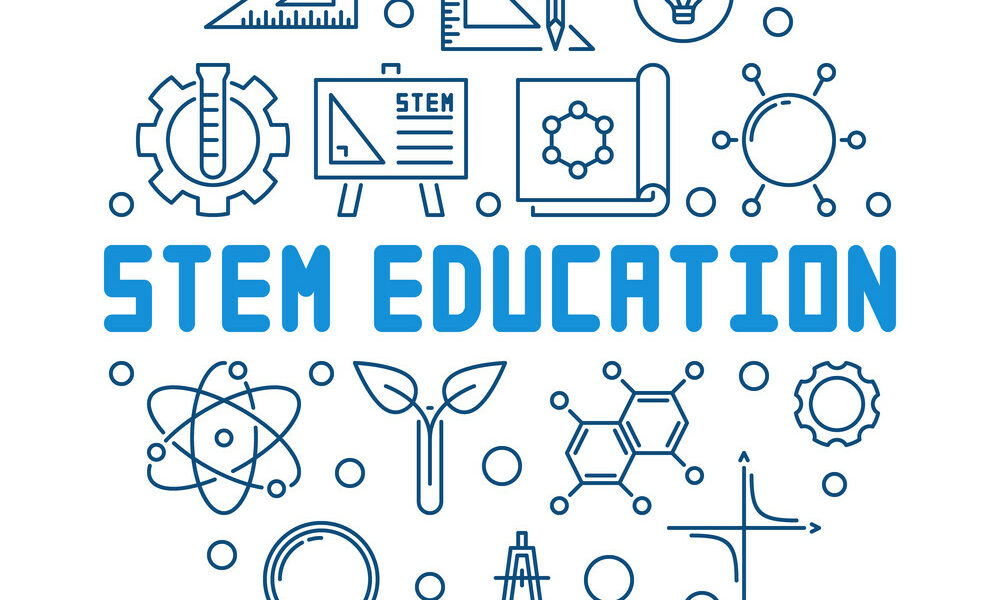Blitz News Digest
Stay updated with the latest trends and insights.
STEMming the Gap: Why Every Student Should Dive In
Unlock endless possibilities with STEM! Discover why every student should dive into science, tech, engineering, and math for a brighter future.
The Importance of STEM Education in Today's Job Market
In today's ever-evolving job market, STEM education has become increasingly critical for preparing students to face future challenges. The fields of Science, Technology, Engineering, and Mathematics are not only shaping our economy but also driving innovation across various industries. As businesses seek employees with advanced technical skills, a solid foundation in STEM disciplines is essential for young professionals looking to secure stable and rewarding careers. According to the U.S. Bureau of Labor Statistics, jobs in STEM fields are projected to grow significantly over the next decade, making STEM education a key factor in enhancing employability.
Moreover, STEM education fosters essential skills such as problem-solving, critical thinking, and collaboration, which are highly valued in today's job market. Employers are increasingly looking for candidates who can adapt to new technologies and approach challenges creatively. By encouraging students to engage in hands-on projects and interdisciplinary learning, STEM programs cultivate a generation of innovators and leaders ready to tackle complex issues. As a result, investing in STEM education is not just an investment in individual careers but also in the future of our economy and society as a whole.

How STEM Skills Can Benefit Every Student, Regardless of Career Path
The importance of STEM skills—which encompass science, technology, engineering, and mathematics—extends far beyond traditional career paths in these fields. In today's increasingly complex and technology-driven world, students equipped with STEM skills are better prepared to tackle a variety of challenges, whether they choose to pursue careers in the arts, humanities, or business. By fostering critical thinking, problem-solving abilities, and analytical skills, STEM education empowers students to develop innovative solutions in any discipline, encouraging a more adaptable and resourceful mindset.
Furthermore, gaining proficiency in STEM skills enhances students' ability to collaborate and communicate effectively. These competencies are essential not just for technical roles but also for roles in project management, marketing, and beyond. For instance, students who learn to work with data and technology can analyze trends, present findings, and make informed decisions—skills that are invaluable in any career path. As such, integrating STEM education into the curriculum benefits every student, laying a foundation for lifelong learning and success in whatever field they choose.
Top 5 Myths About STEM Education Debunked
STEM education is often surrounded by various myths that can distort public perception and hinder interest among students. One common myth is that STEM education is only for 'math and science geniuses.' In reality, the field is designed to foster critical thinking, creativity, and collaboration, enabling students of all abilities to thrive. Additionally, many believe that STEM careers are exclusively male-dominated; however, women are making significant strides in these professions, and various programs actively promote inclusivity.
Another prevalent myth is that you must pursue a four-year degree to have a successful career in STEM fields. In truth, there are numerous paths, including vocational training and boot camps, that can lead to lucrative and fulfilling careers. Furthermore, some assume that STEM education is solely focused on technical skills, neglecting the importance of soft skills like communication and teamwork. In essence, debunking these myths can help encourage a more diverse and capable future generation in the STEM sector.